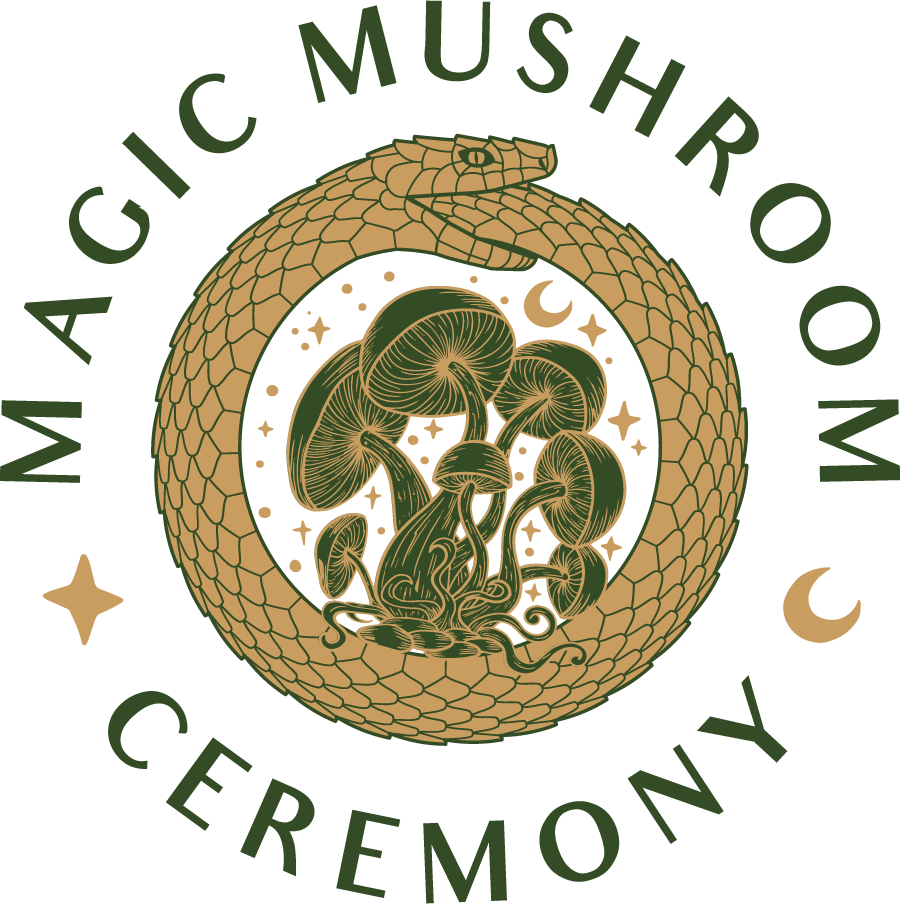Navigating the psychedelic frontier: Psychedelic-Assisted Therapy
- Earth Awareness - Nature Temple
- Mar 22, 2024
- 3 min read
Updated: Jun 1, 2024
In the ever-evolving landscape of mental health treatment, psilocybin therapy has emerged as a groundbreaking avenue, captivating researchers with its potential to revolutionize the way we approach psychological well-being. Join us as we delve into the recent scientific research conclusions surrounding psilocybin therapy, shedding light on its promising role in psychedelic-assisted therapy.

Psilocybin's journey from counterculture to clinical trials
Explore the historical context of psilocybin, from its roots in indigenous rituals to its resurgence in modern therapeutic settings. We'll trace its trajectory from the counterculture movement to the current era of rigorous scientific scrutiny and clinical trials. Over the past decade, there has been a resurgence of interest in psychedelic substances, such as psilocybin, MDMA, and LSD, for therapeutic purposes. Researchers are now conducting rigorous studies to understand the mechanisms behind these substances and their potential benefits in mental health treatment.
Psilocybin and its therapeutic potential
Recent studies on psilocybin, the psychoactive compound found in certain mushrooms, have demonstrated its efficacy in treating conditions like depression, anxiety, and PTSD. We'll delve into the specifics of these studies, exploring how psilocybin can induce profound mystical experiences and promote long-lasting positive changes in individuals. Delving into the neurobiology of psychedelic-assisted therapy, we'll explore how these substances affect the brain, leading to alterations in perception, mood, and consciousness. Understanding these mechanisms is crucial for developing targeted and effective therapeutic interventions is a common believe in the scientific society. Recent scientific studies have uncovered the potential of psilocybin therapy in alleviating mood disorders such as depression and anxiety. Delve into the findings that highlight the transformative effects of psilocybin on individuals struggling with these challenging mental health conditions. Unravel the neurobiological mechanisms that underlie the therapeutic effects of psilocybin. Recent research has provided insights into how this psychedelic compound interacts with the brain, influencing mood, perception, and cognition.

Long-term benefits and sustained positive outcomes
One of the most compelling aspects of psilocybin therapy is its potential for long-lasting positive outcomes. Examine recent studies that showcase the enduring benefits of a single psilocybin session, offering hope for a paradigm shift in mental health treatment. Beyond symptom alleviation, psilocybin therapy has been linked to profound personal and spiritual experiences. Dive into the research conclusions that explore the role of psilocybin in fostering personal growth, self-discovery, and enhanced well-being. Recent research as well as long term fieldwork has provided valuable insights into mitigating risks and implementing guidelines to ensure a safe and supportive environment. In another blog we share more about the value of a good set and setting.
The use of psychedelics in mental health treatment
As the scientific community continues to unravel the therapeutic potential of psilocybin, it is evident that we stand at the cusp of a transformative era in mental health treatment. While the therapeutic potential of psychedelics is exciting, ensuring the safety and ethicality of their use is paramount. We'll discuss recent research addressing safety protocols, potential risks, and ethical guidelines in psychedelic-assisted therapy. This blog has illuminated the recent scientific research conclusions surrounding psilocybin therapy, emphasizing its role in the promising field of psychedelic-assisted therapy. We hope to have provided you with a glimpse into the recent research conclusions surrounding the use of psychedelics in mental health treatment, showcasing the hope and promise these substances hold for the future of therapy. We keep you updated!

Comments